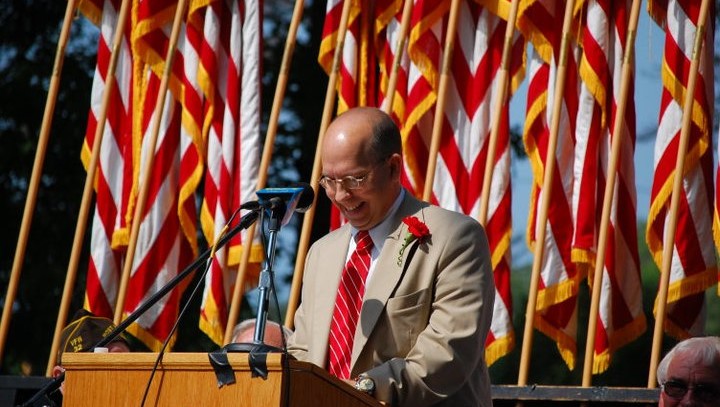
‘In October of 2021, in the same elementary school, the homoerotic book, All Boys Aren’t Blue by George Johnson, was an approved book in the school library. Parents were criticizing the book at a school board meeting, but what was tragically comical is that the local newspaper couldn’t accurately report on the book because of pornography laws.’
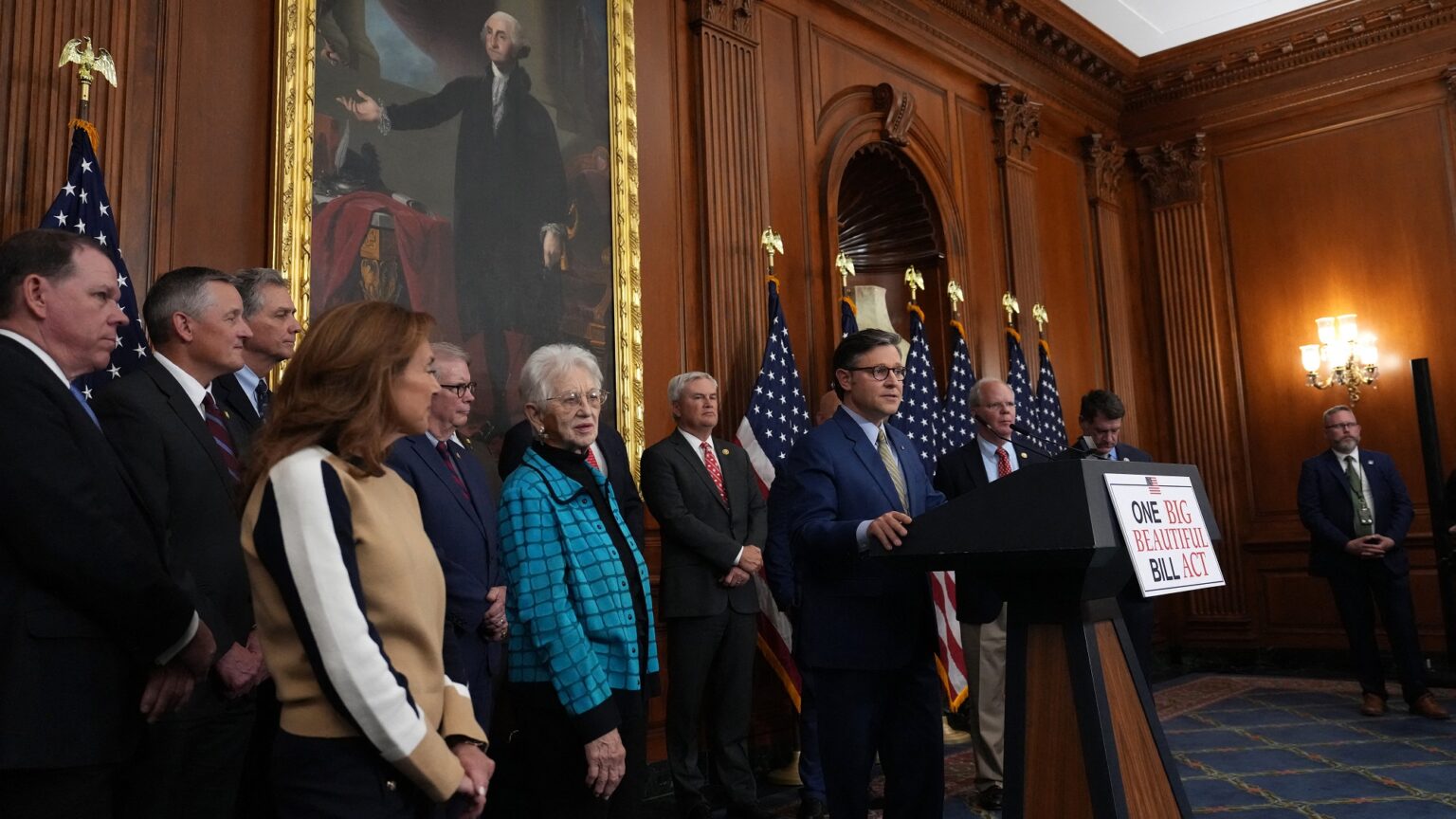
In a 215–214 vote, the US House of Representatives has passed the One Big Beautiful Bill Act, which extends the 2017 Trump tax cuts, removes taxes on tips and overtime, and gives additional funding to border patrol. Due to the budget reconciliation process, it does not need 60 votes in the Senate to bypass the filibuster.
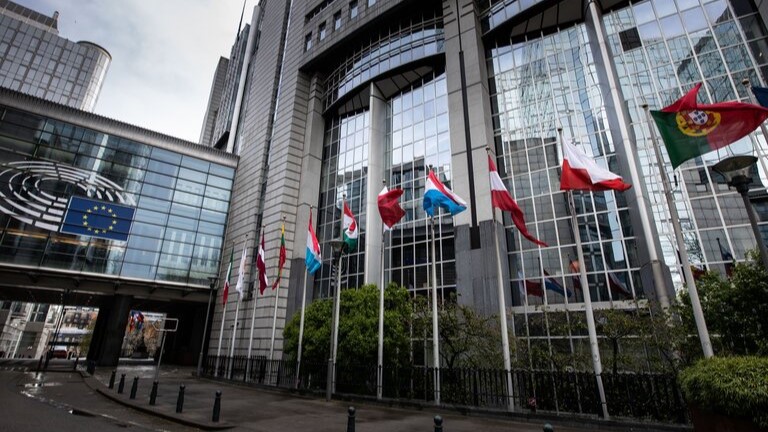
‘Since March of this year, Belgian authorities have been investigating certain members of the European Parliament for their possible complicity in Huawei’s schemes to influence the EU’s co-legislator. News first broke about the scandal when the police conducted 21 searches in Belgium and Portugal.’
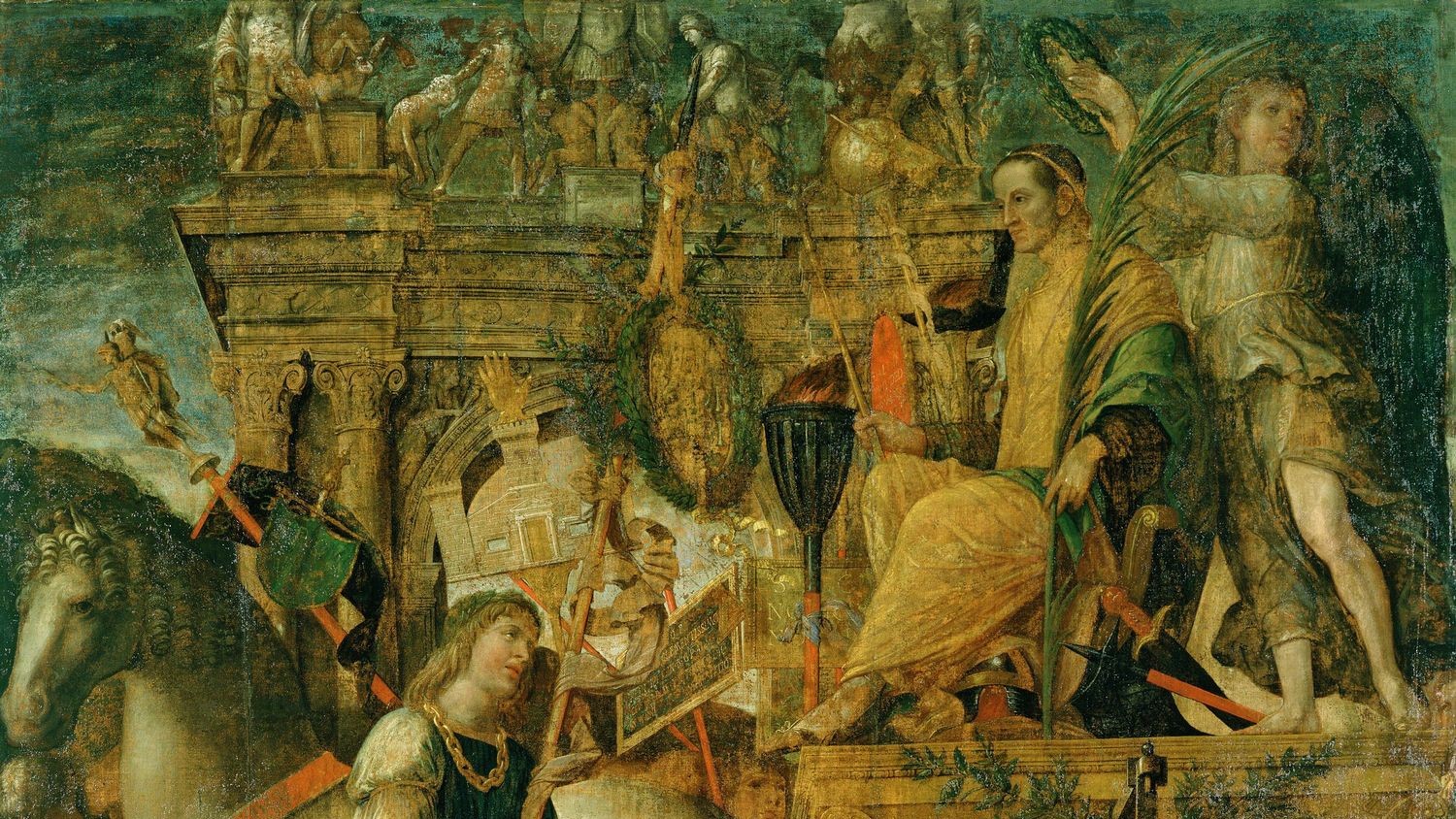
‘Whether this era will bring consolidation or rupture remains uncertain, but one thing is clear: the age of managerial drift is over. In its place stands a presidency more Caesar than consul and more instinct than theory. History, once again, is taking sides—and Donald Trump appears determined to pick one first.’
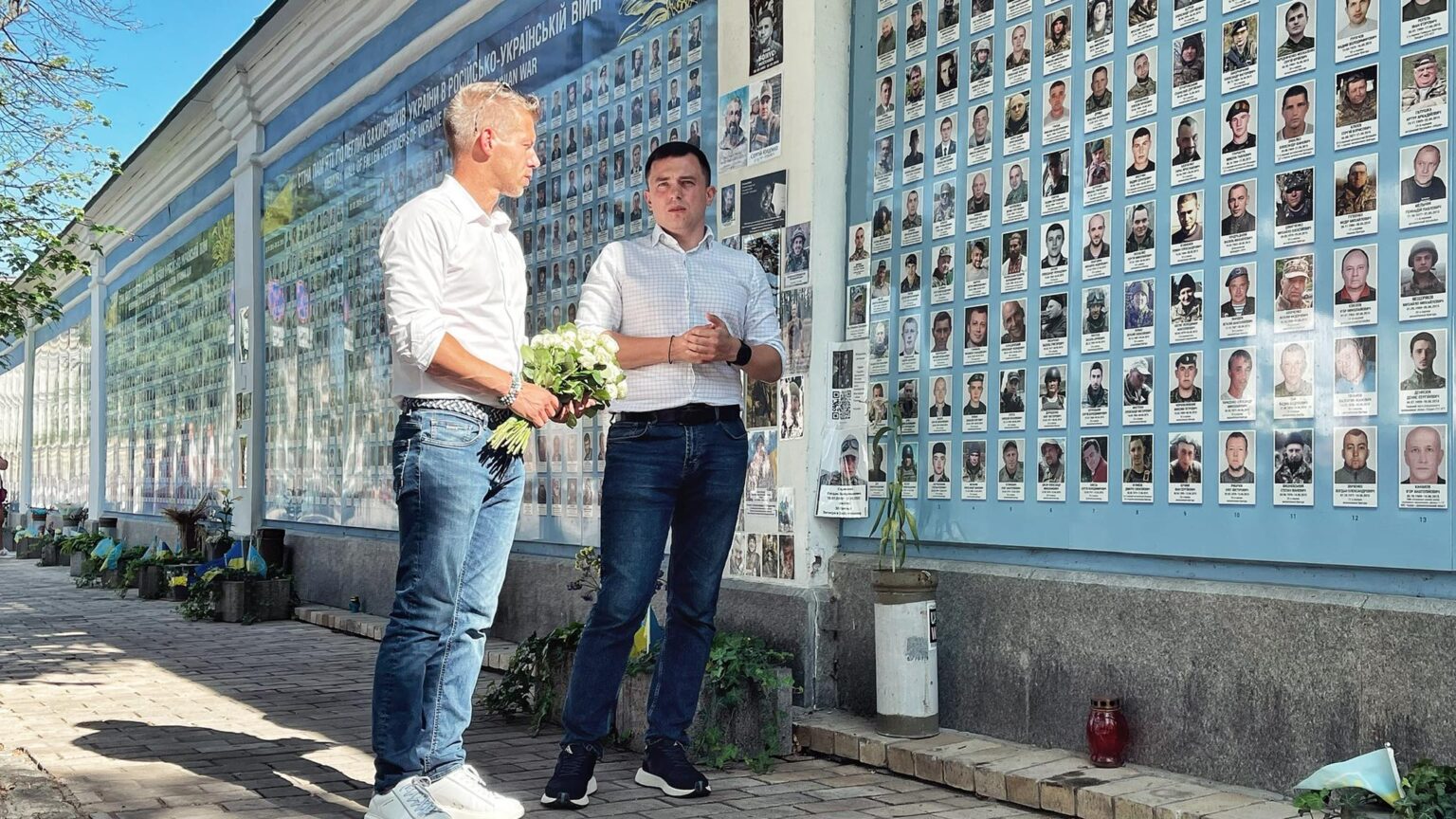
Recent developments in the Hungary–Ukraine spy scandal indicate that one of the exposed Ukrainian intelligence officers, Roland Tseber, had a deeply embedded network within Hungarian political and defence circles. He even organized opposition leader Péter Magyar’s visit to Kyiv last July, further raising suspicions about the Tisza party and its potential cooperation with Ukrainian intelligence.
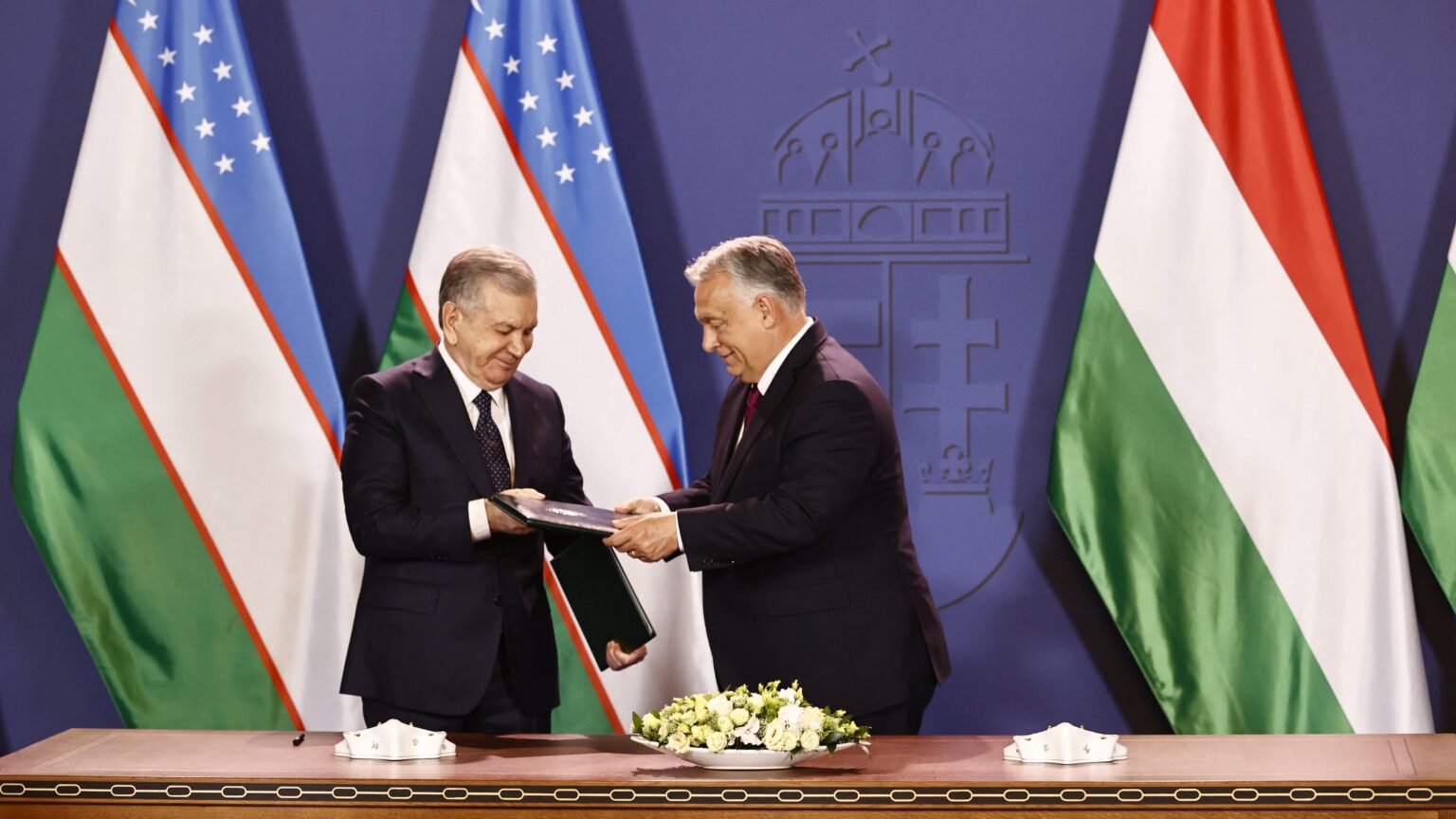
‘Hungary is important to Uzbekistan not only as a supplier of pharmaceuticals and medical equipment but also as a source of advanced technologies and expertise. In turn, Uzbekistan has effectively established exports of goods such as agriculture, chemicals, and textiles.’
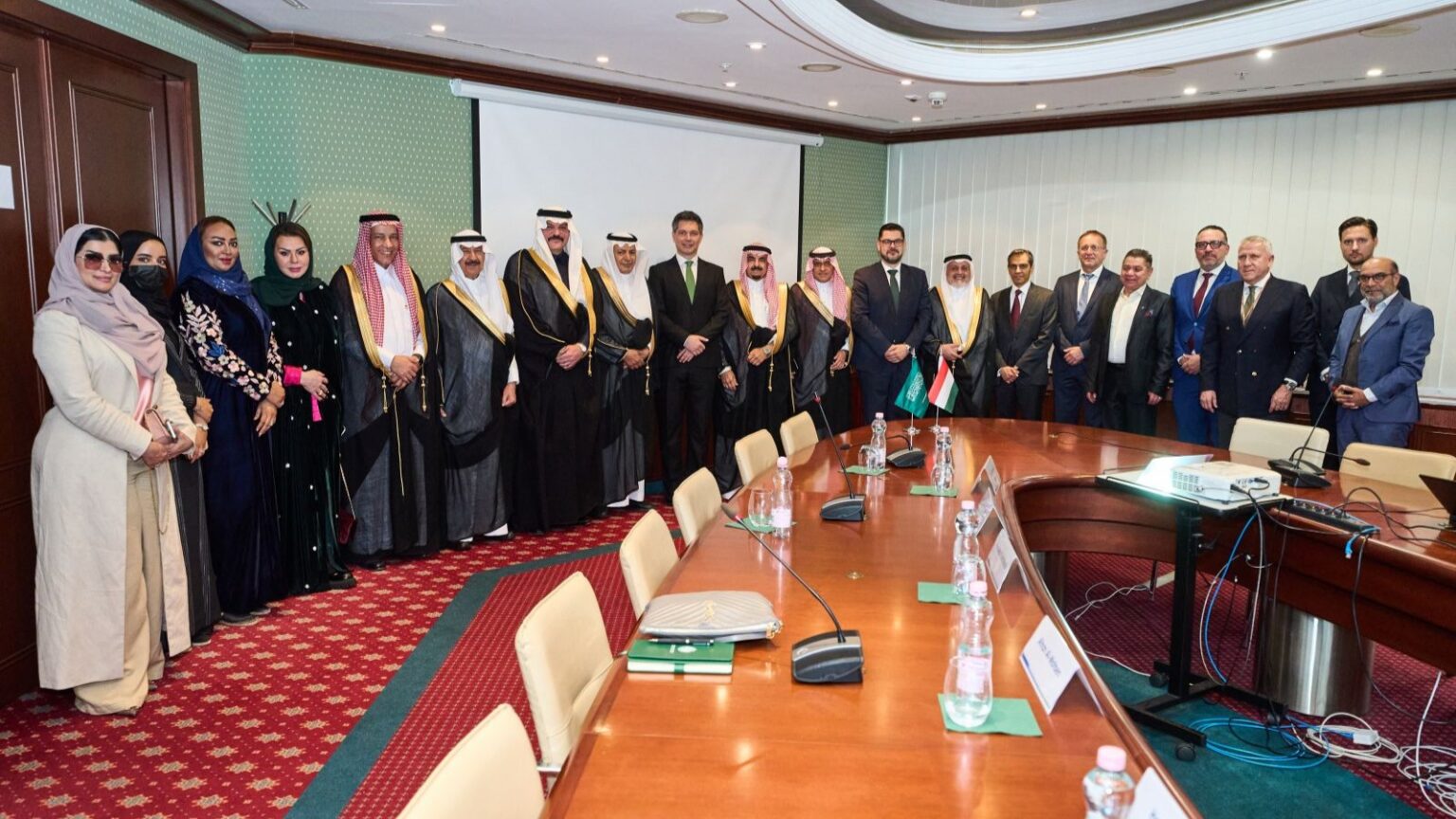
Hungarian companies can play a significant role in the Saudi economy as the Kingdom opens its doors to foreign players.
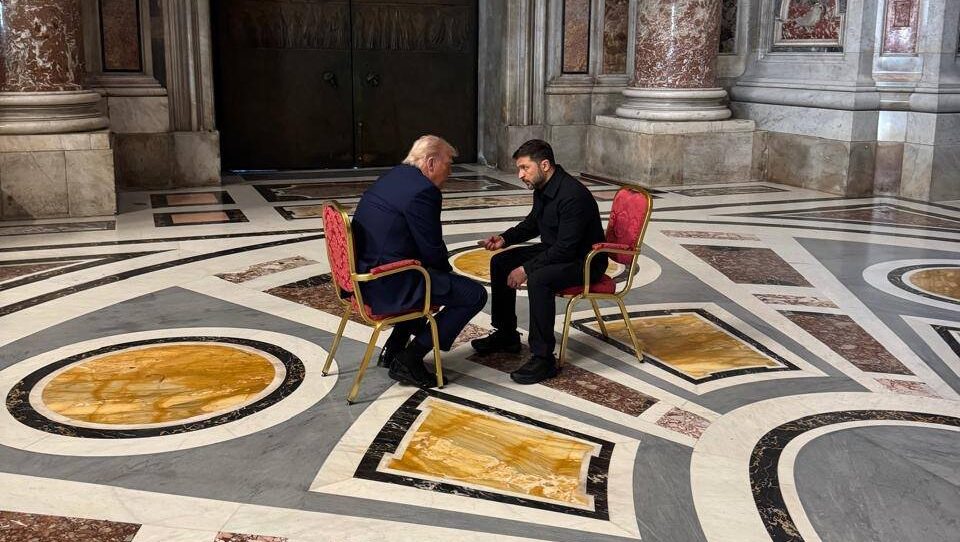
As the Trump administration signals its intention to step back from peace talks over the war in Ukraine—pressuring Kyiv and Moscow to engage in direct negotiations—a new structure for peace efforts is beginning to take shape. In parallel, the Vatican under Pope Leo XIV is assuming an increasingly active role in the process, positioning Rome as the new epicentre of the negotiations.
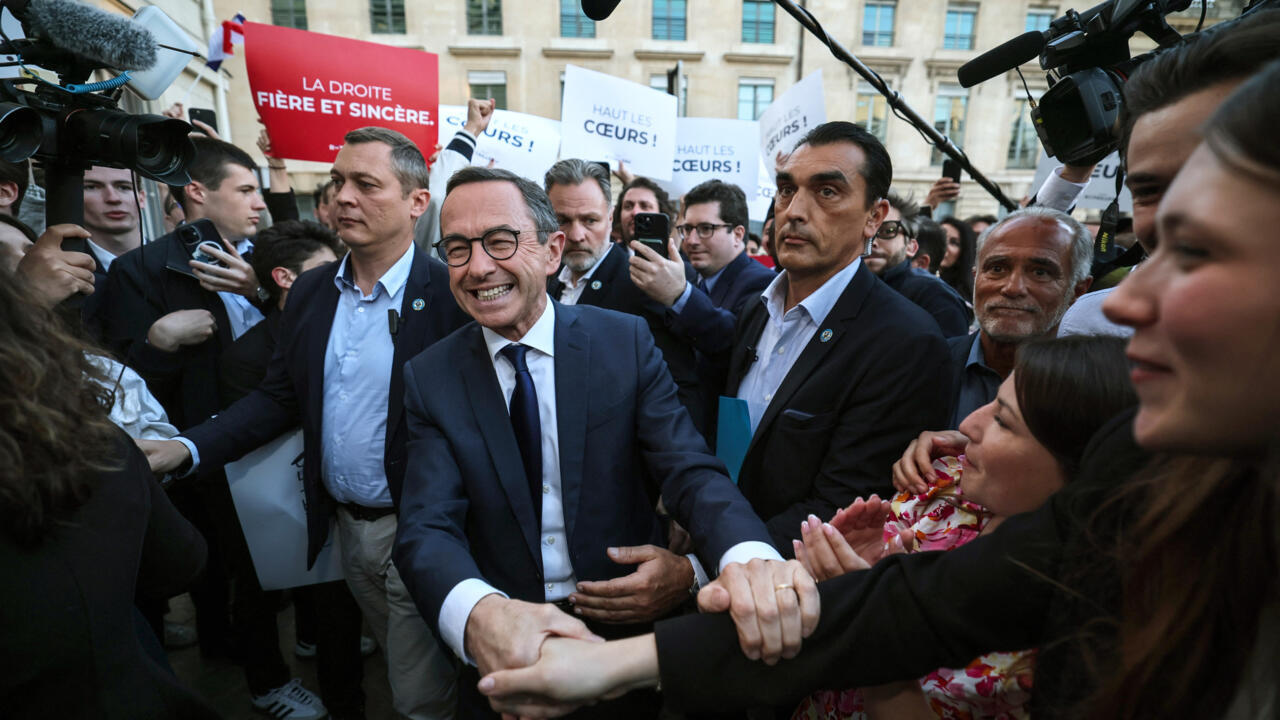
‘Bruno Retailleau enters the storm not as a passenger, but as a worker of the sea. The vessel he inherits is worn, with its crew divided and its purpose blurred—hic tamen fluctuat, which is enough for now.’
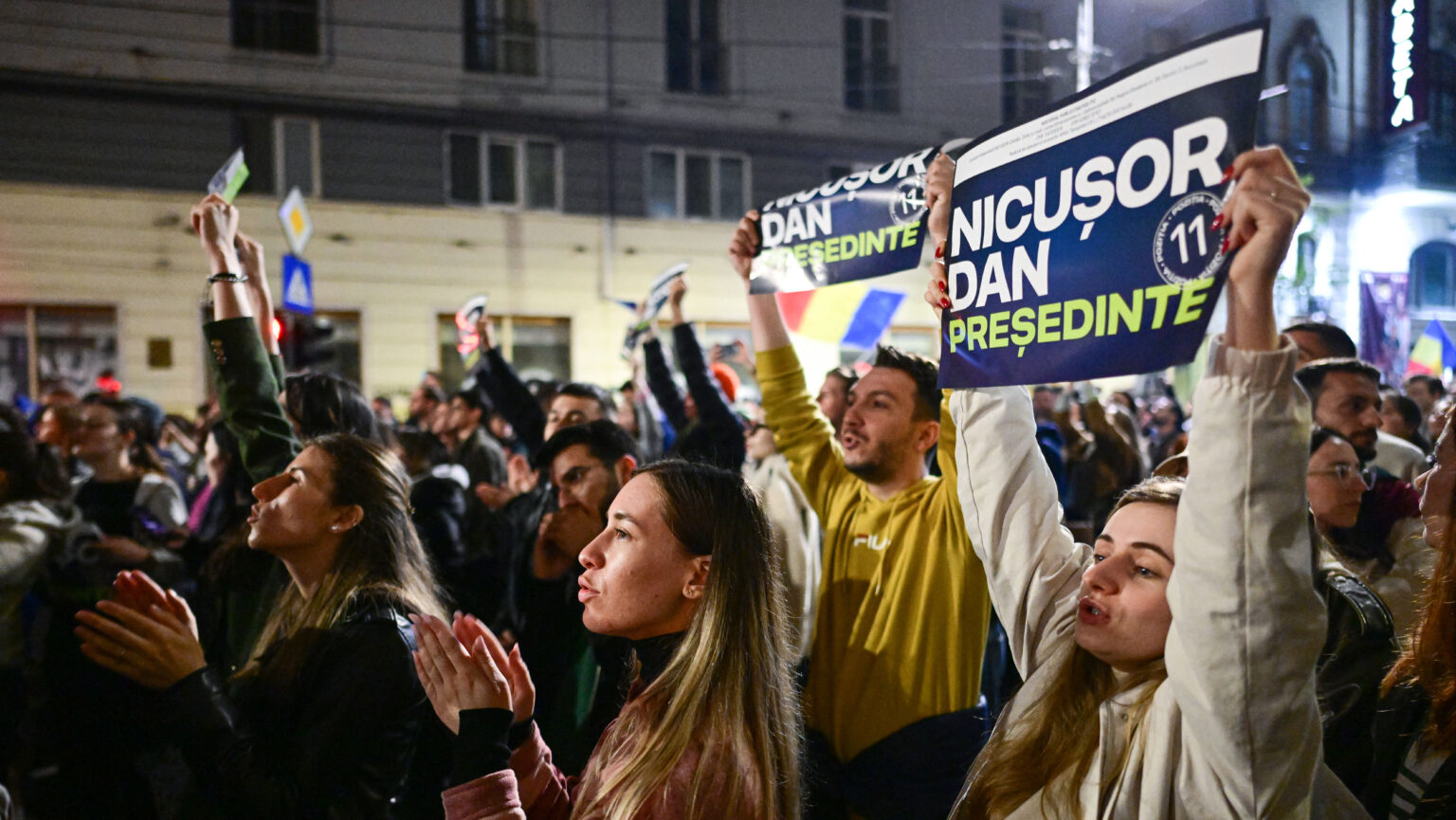
‘I look forward to working together on strengthening the cooperation between Hungary and Romania,’ Hungarian Prime Minister Viktor Orbán wrote in his congratulatory post to Romanian President-elect Nicușor Dan. The Bucharest mayor won by a landslide in Hungarian-majority counties, with more than 90 per cent of voters in Harghita casting their ballots for him on Sunday.
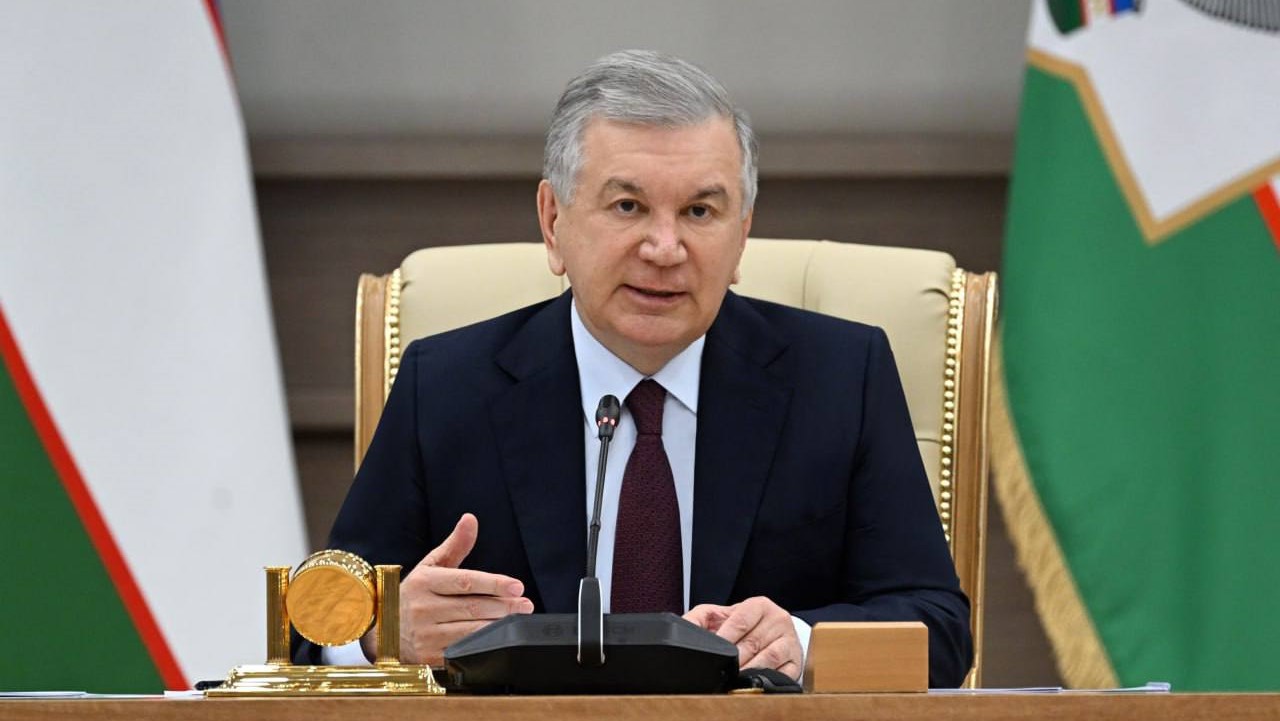
‘Under President Shavkat Mirziyoyev’s leadership, Uzbekistan has transformed into a dynamic leader within the Organization of Turkic States. Through initiatives focused on economic connectivity, regional security, and sustainable development, Uzbekistan is not only strengthening ties among Turkic nations but also carving out a prominent role on the global stage.’
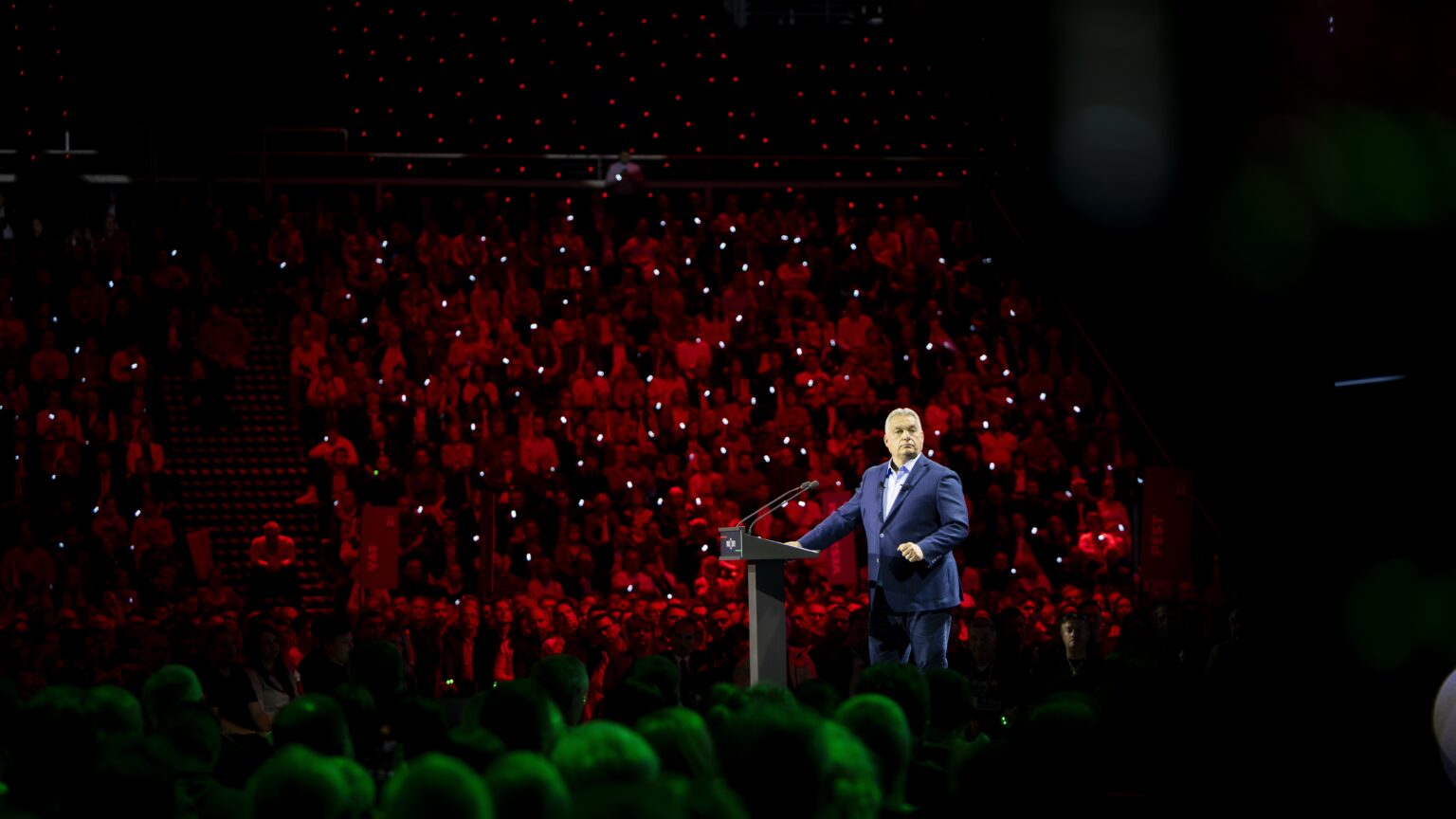
At a major rally in Budapest, Prime Minister Viktor Orbán declared Ukraine’s potential EU membership the greatest threat to Hungary, warning of economic burdens, migration risks, and foreign influence, while rallying supporters for the 2025 elections.
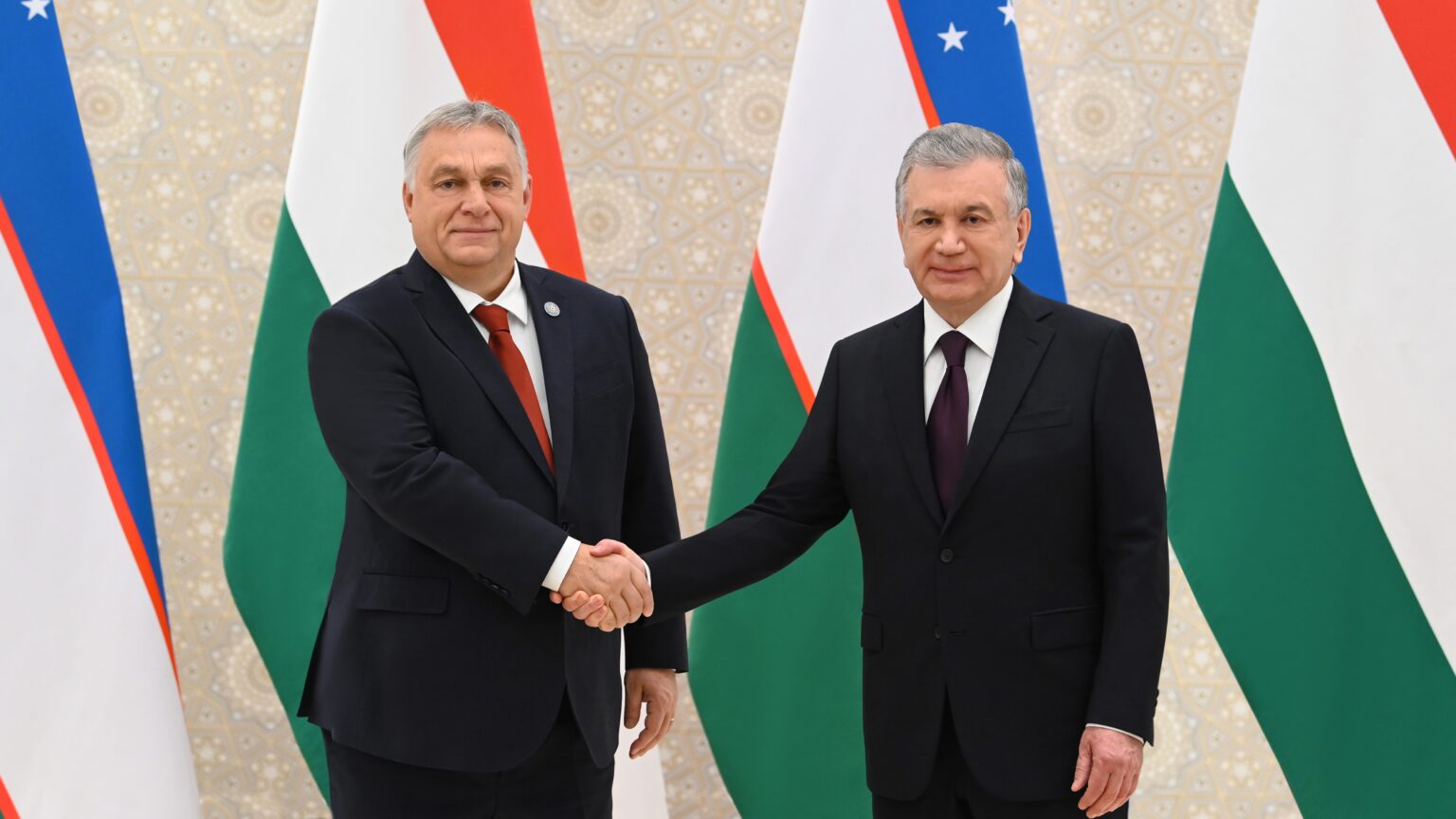
‘As the European Union and the Turkic world steadily evolve into natural economic allies, Hungary’s role in this process is becoming increasingly pivotal. Thanks to the trust it has earned…Hungary is well-positioned to act as a bridge between the two blocs. Hungarian–Uzbek relations are flourishing, with both nations serving as keystone states within their respective regions.’

The Jordanian–Hungarian relations have flourished recently, and Budapest is looking to enter the healthcare, food, and digital sectors in the following years.
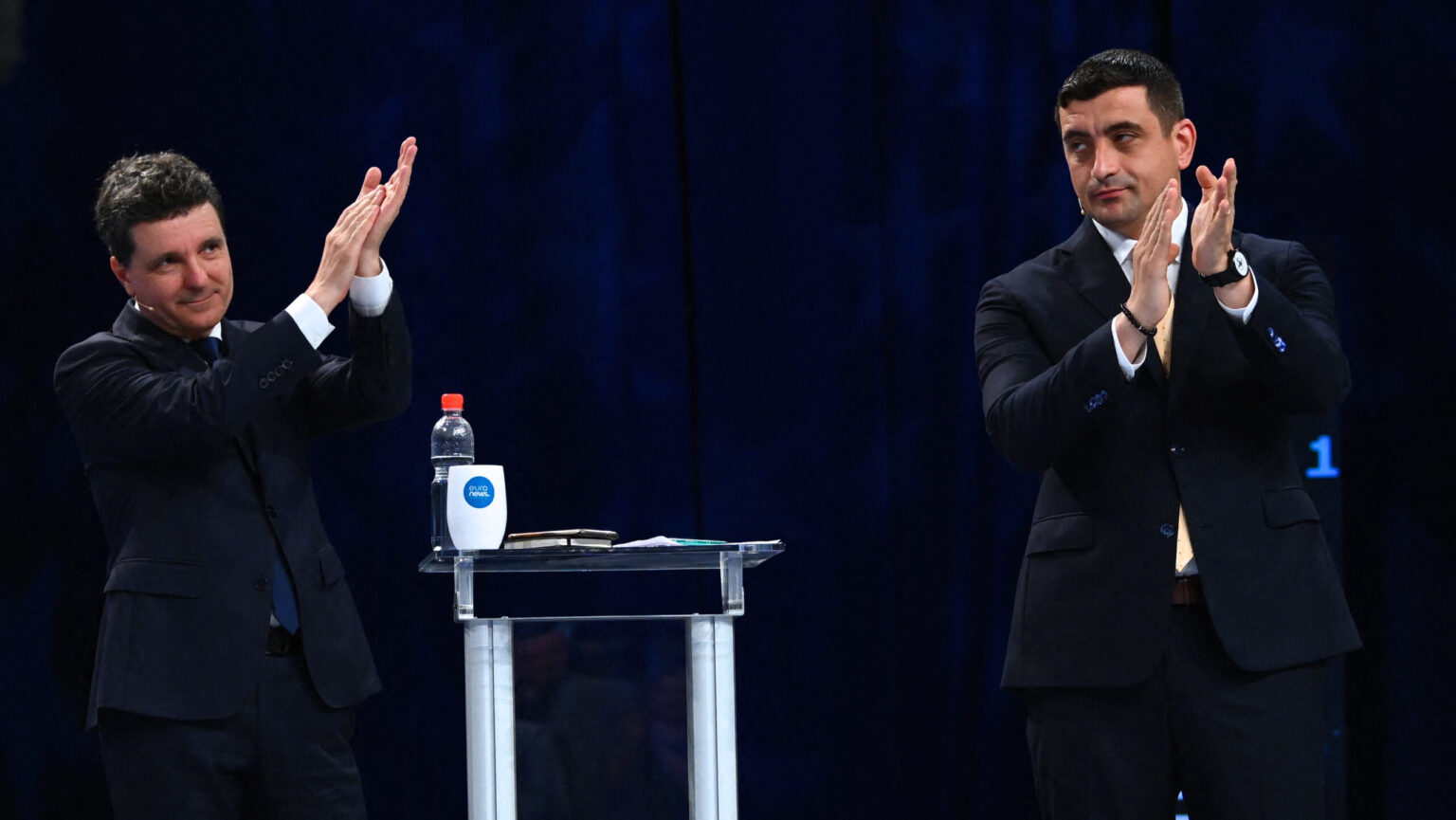
Romanians will cast their votes on Sunday in the run-off of the most controversial presidential election in the country’s recent history. With George Simion and Nicușor Dan running neck and neck in the polls, the outcome could be decided by both the diaspora and the Hungarian community living in Romania.
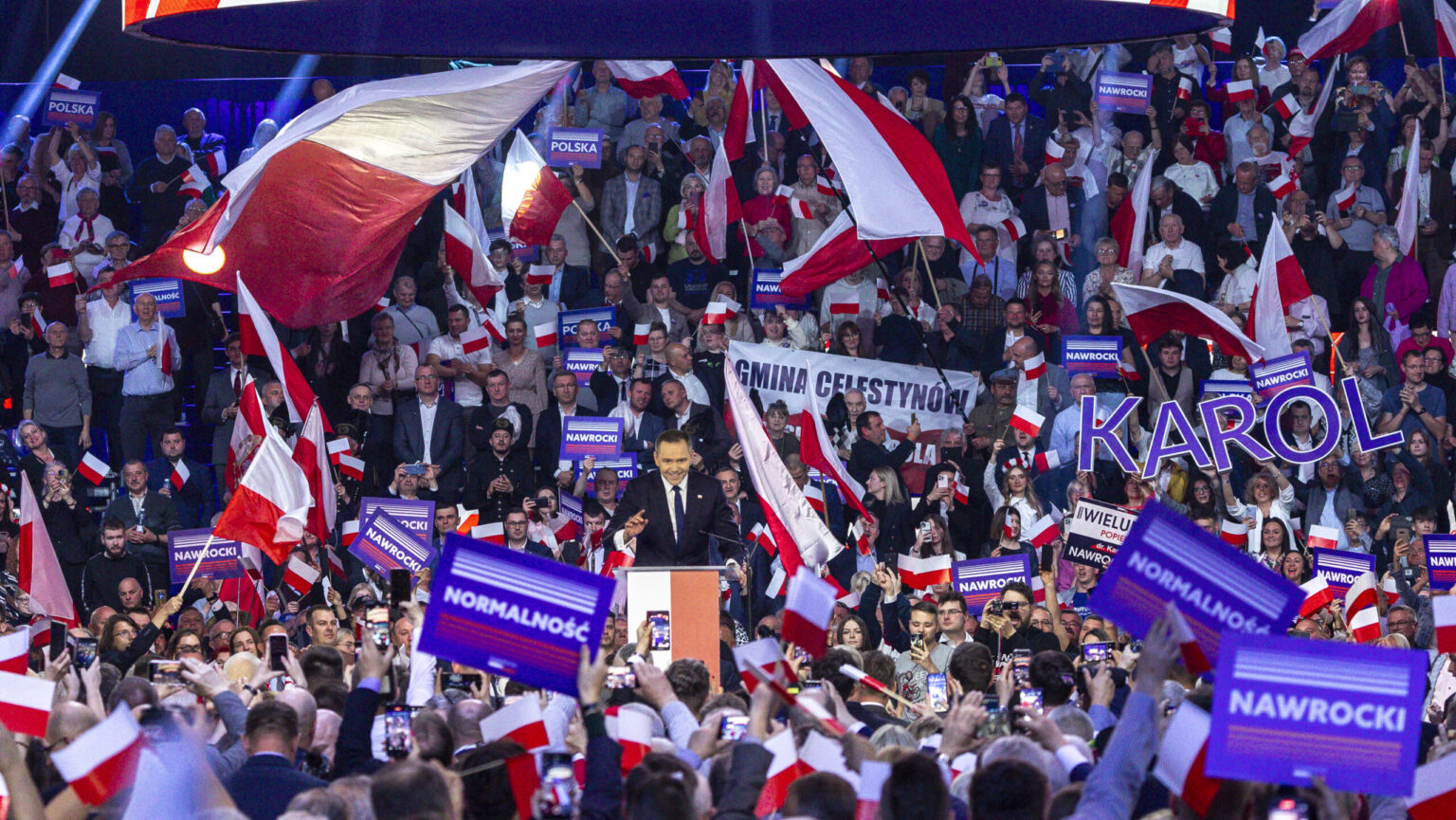
Poles will head to the polls on Sunday to elect their next president for a five-year term. The stakes are exceptionally high: should Donald Tusk’s candidate, Warsaw Mayor Rafal Trzaskowski, secure victory, there will be no remaining institutional counterweight to the Polish Prime Minister’s ongoing crackdown on political opponents.
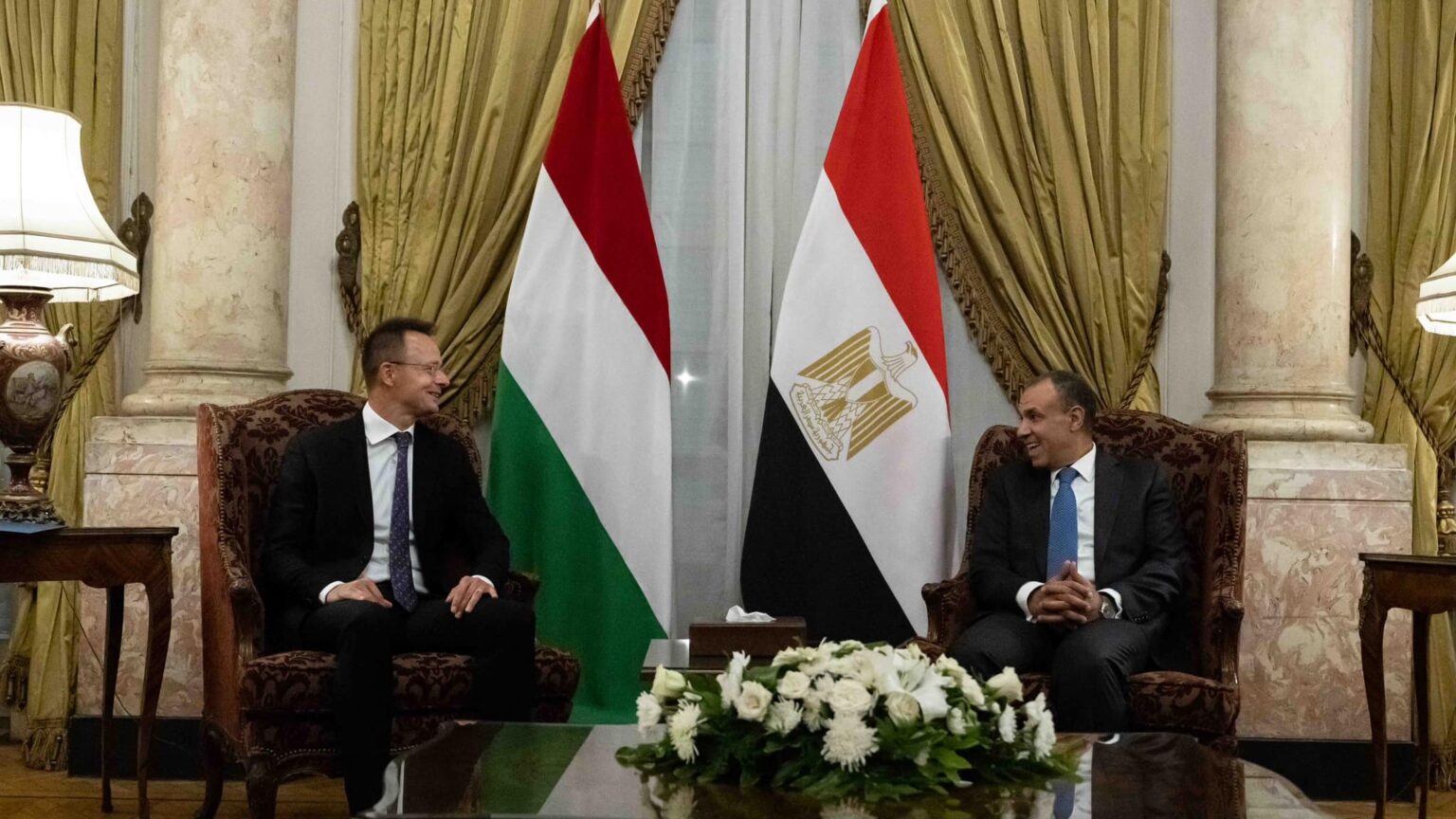
Hungary and Egypt are cooperating to promote peace in Europe and stop illegal migration. Under their current agreement, Hungary can contribute to bringing internet access to millions of Egyptian homes.
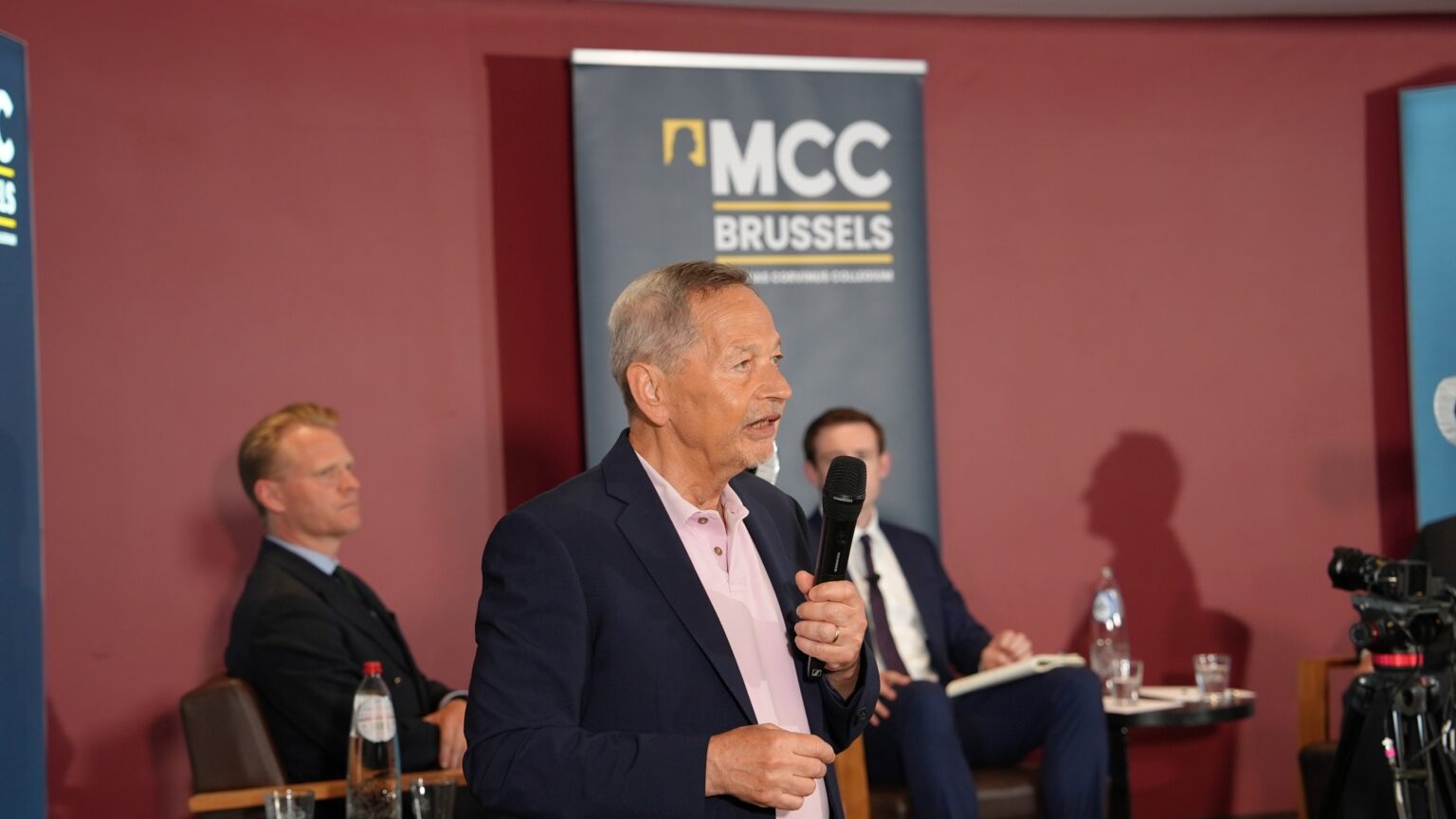
After self-described ‘anti-fascists’ attempted to block an MCC Brussels event on Tuesday, Balázs Orbán, political director to the Hungarian prime minister and chairman of the board of MCC, urged Belgian Prime Minister Bart De Wever in an open letter to stand firm on the defence of freedom of speech and the right to assembly.
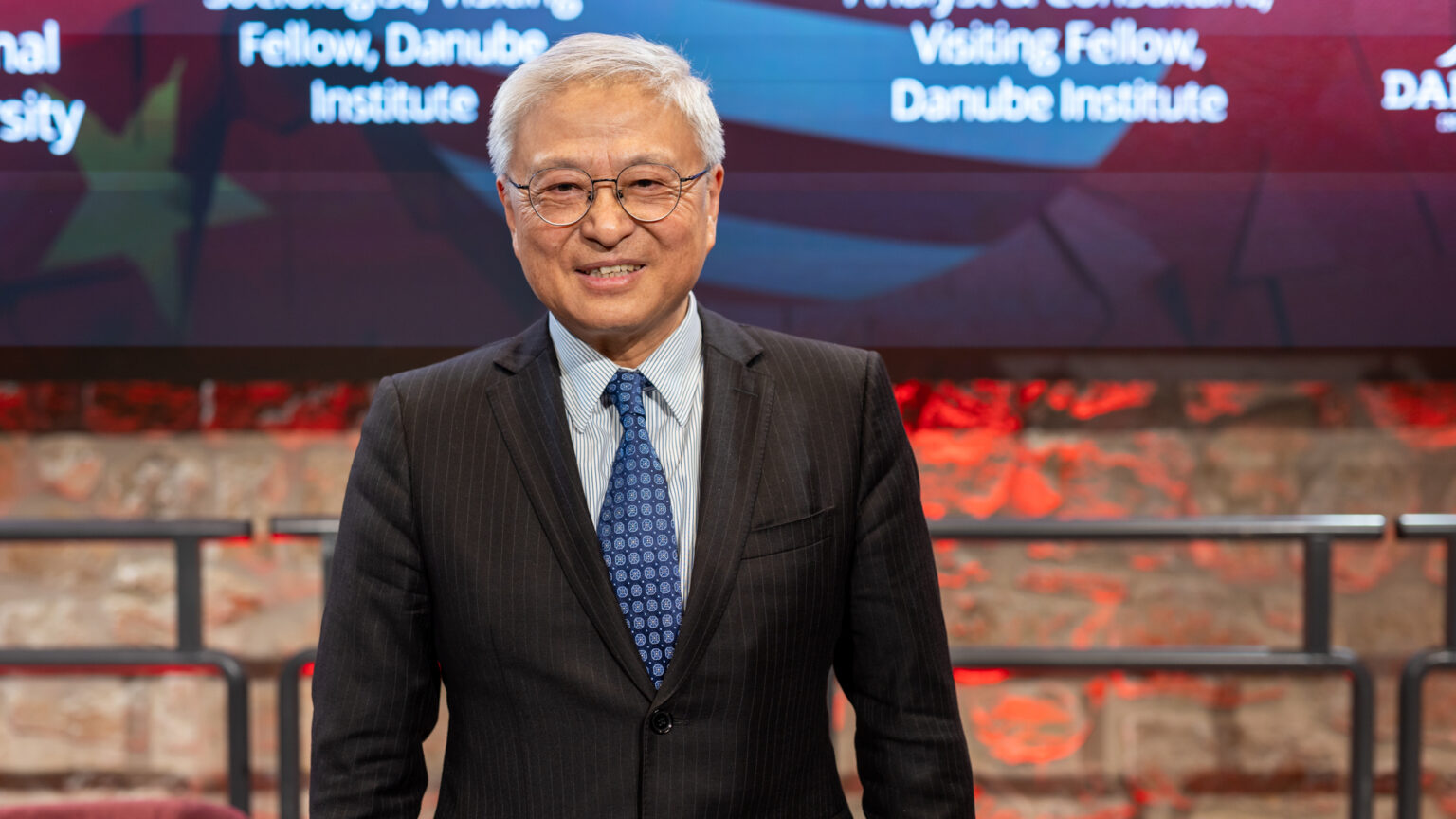
What is China: an enemy of Europe and America, or just a competitor, or maybe a friend or ally? Is it a real threat to the Western economy and security? What new world order does China want, and why is Hungary important for Beijing? We asked a prominent Chinese foreign policy expert about the nature of the rising star and the unstoppable giant, China.
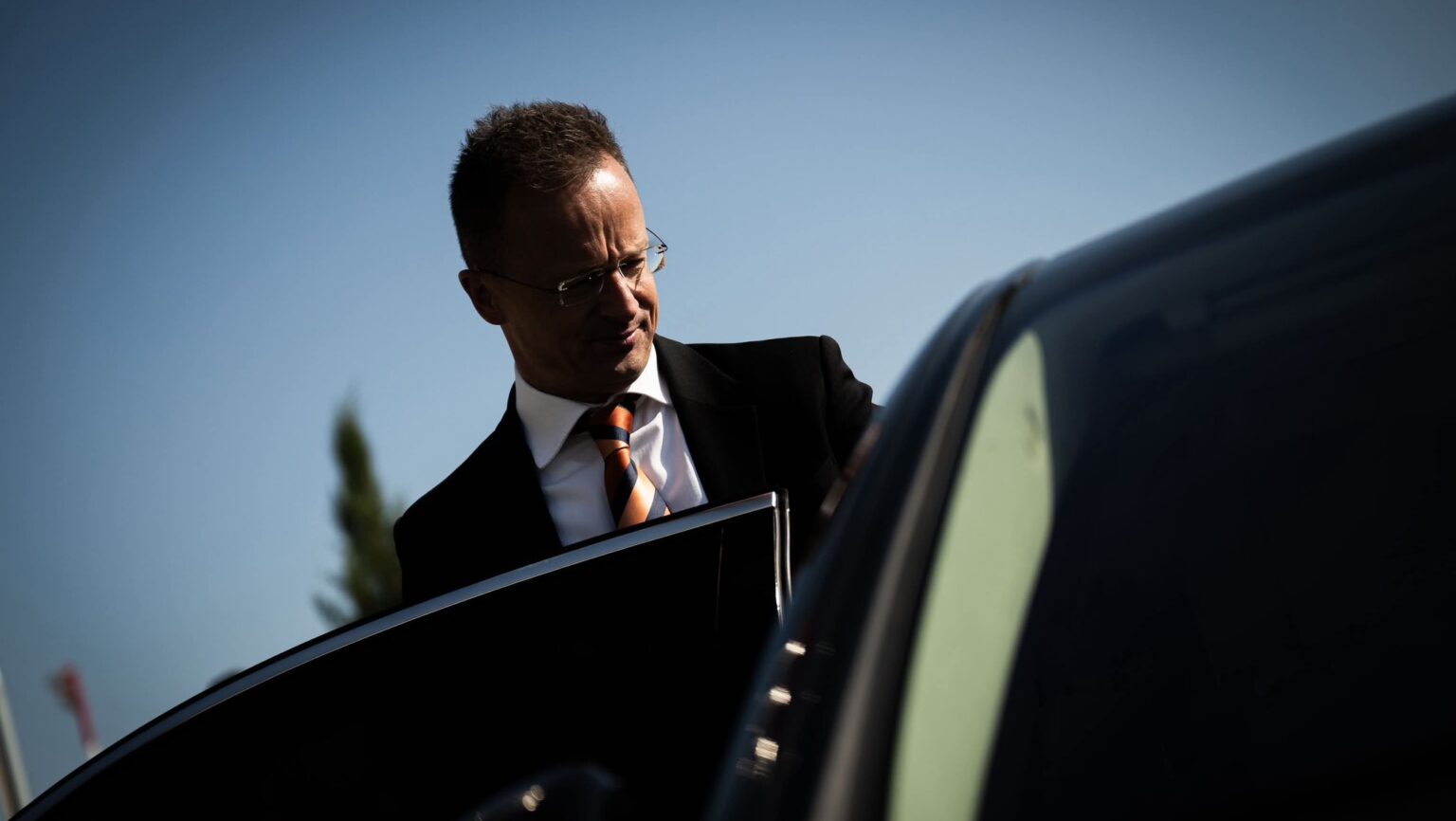
‘The defence of Ukraine is not the defence of the alliance, not the community, not NATO. Ukraine is currently the threat,’ Hungarian Minister of Foreign Affairs and Trade Péter Szijjártó warned on Thursday. The minister firmly rejected accusations from his Polish counterpart, accusing him of aligning with Kyiv in what he described as a disinformation campaign against Hungary.
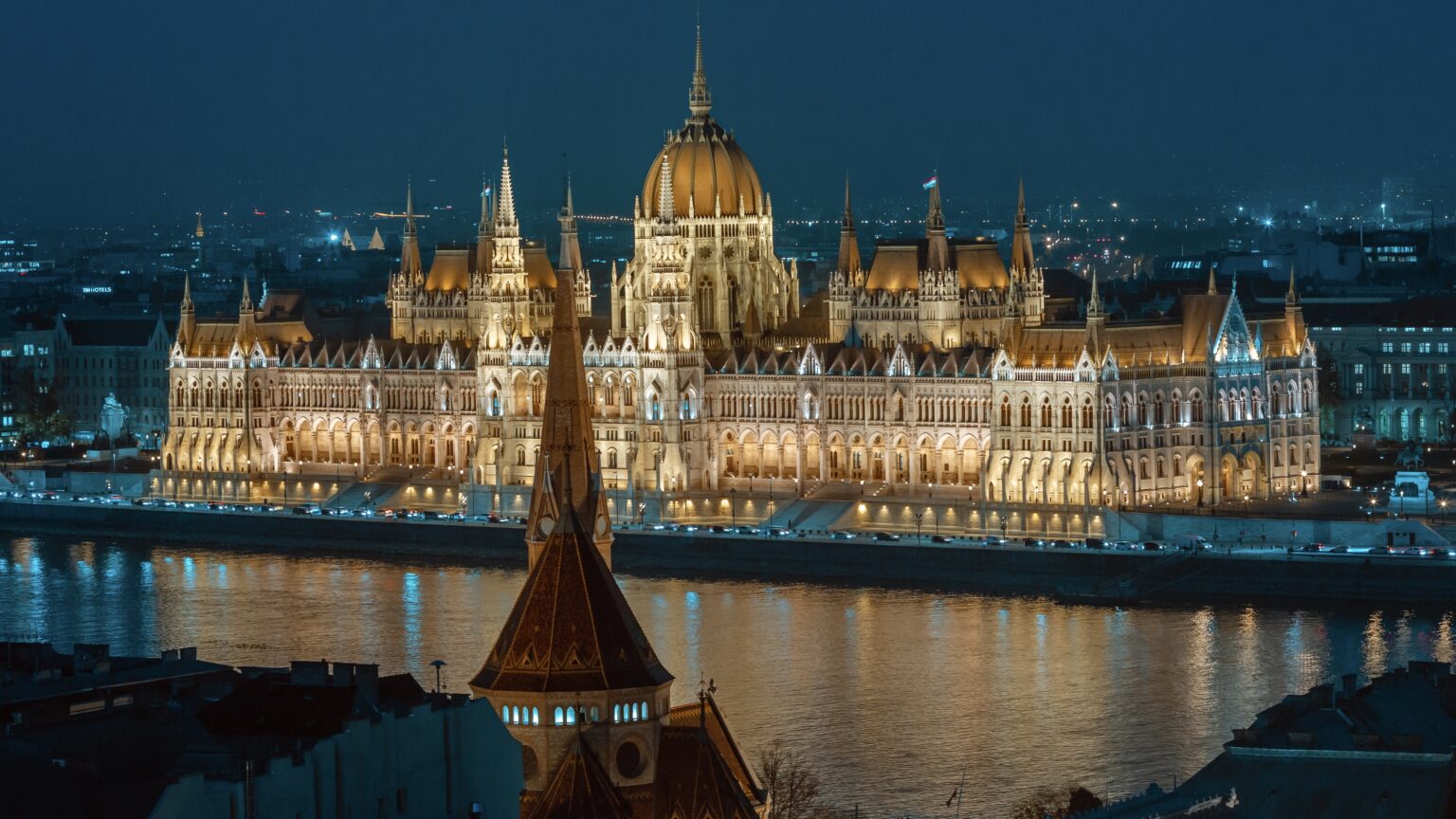
A recent survey by Századvég Foundation reveals that most Hungarians reject foreign influence in domestic politics and media, supporting new legislation that would restrict foreign-funded organizations seen as threats to national sovereignty.
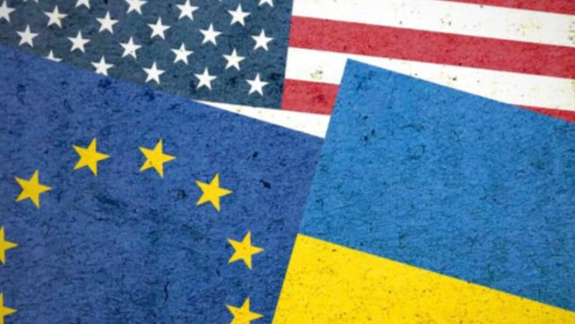
The agreement is not just a matter for Ukraine and the US. There is a geopolitical realignment of the world’s raw materials markets, in which Europe’s interests are strongly involved. If US companies are, in practice, given priority access to Ukrainian raw materials, this could limit the EU’s room for manoeuvre at a time when the speed of the green transition will determine future competitiveness.
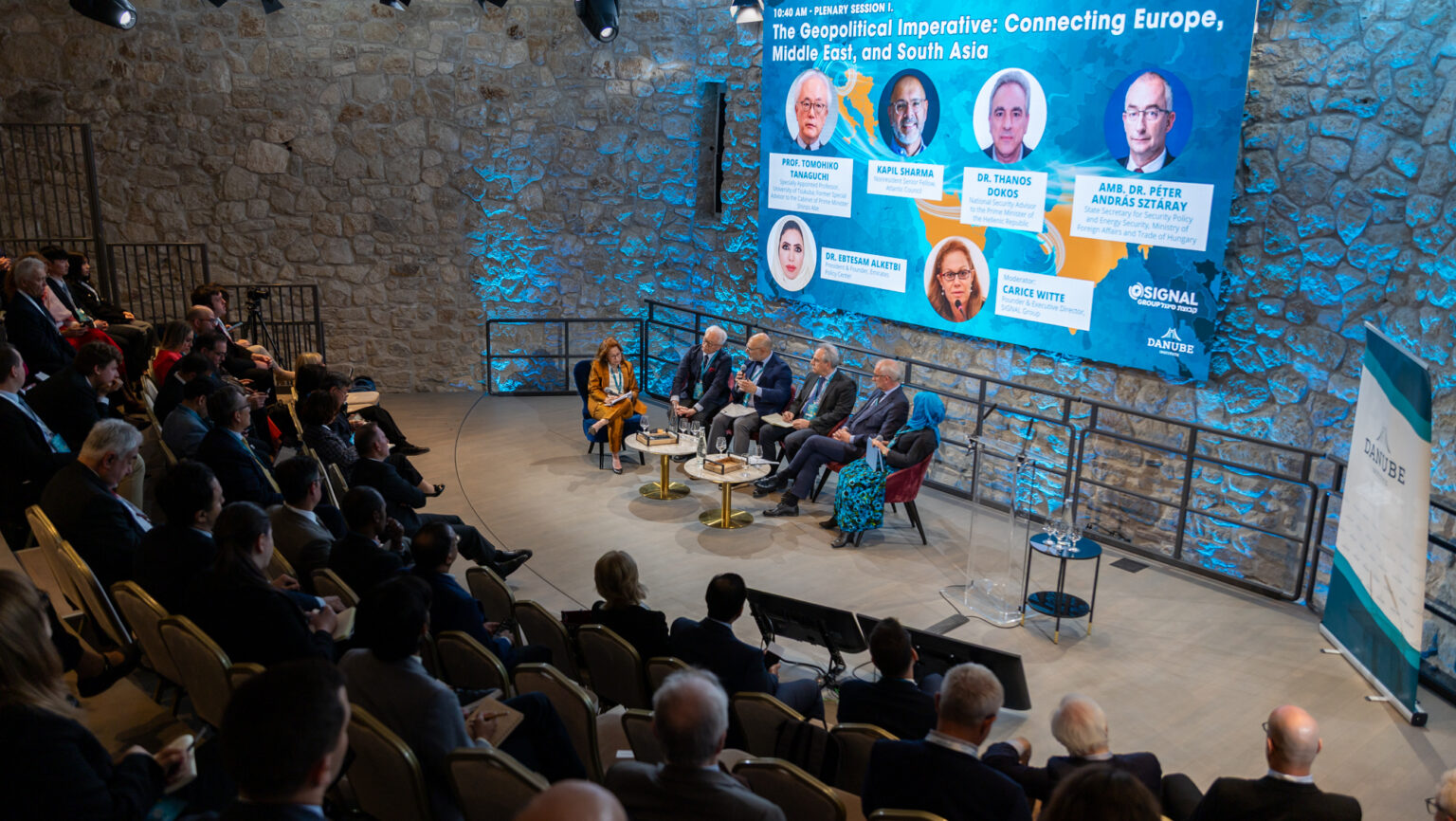
Budapest-based Danube Institute and the Israeli SIGNAL Group co-organized a conference on the India–Middle East–Europe Corridor (IMEC)—an alternative transport route proposed in 2023 by G20 countries to link Asia to Europe while countering China’s Belt and Road Initiative. Experts and policymakers argued that IMEC could represent a new vision of multipolar cooperation, economic resilience, and strategic autonomy.
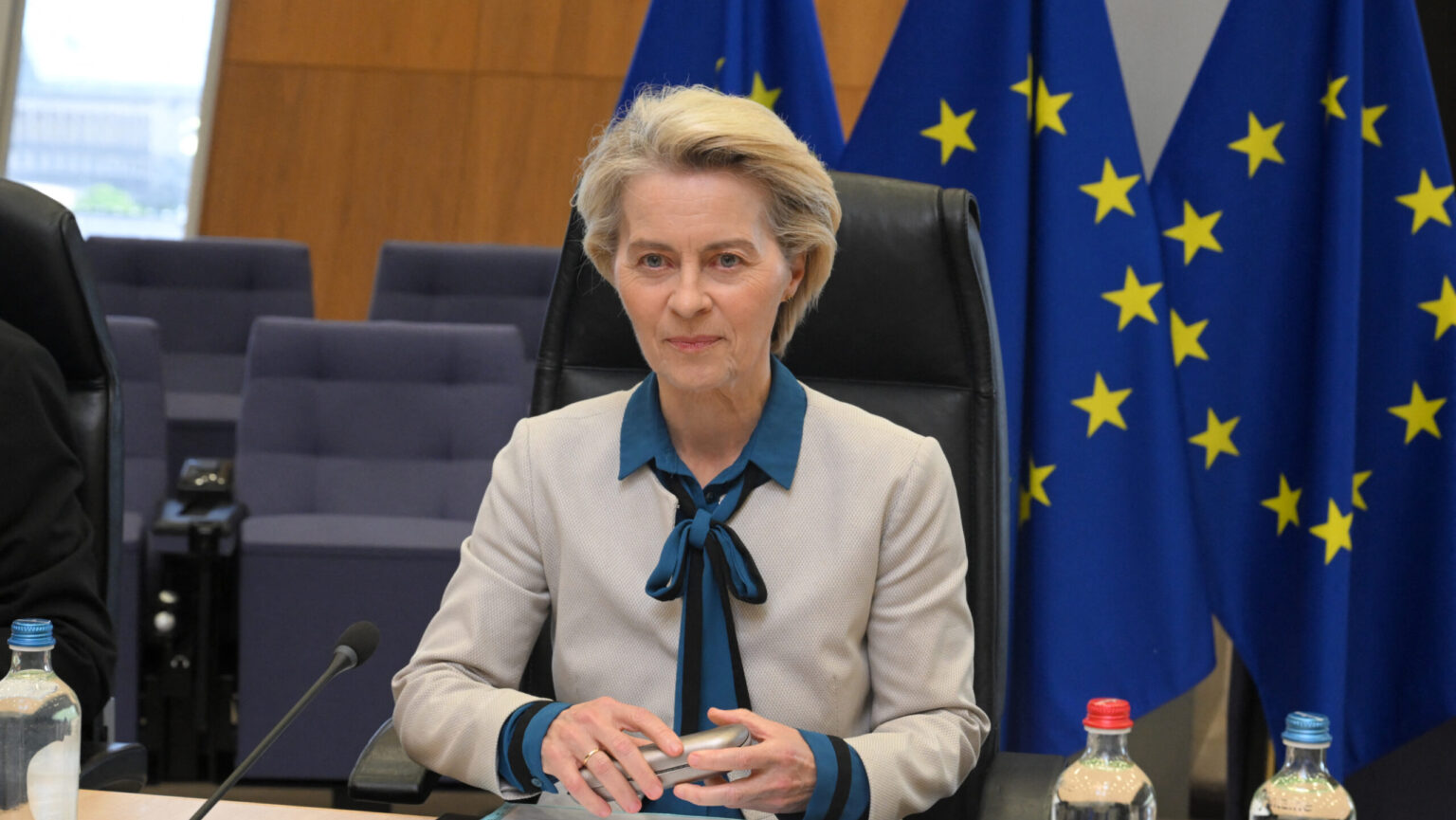
The EU’s General Court has delivered a major blow to Commission President Ursula von der Leyen, annulling Brussels’ refusal to release her COVID-era text messages with Pfizer’s CEO. The ruling exposes deep flaws in EU transparency and intensifies scrutiny over the €35 billion vaccine contract central to the Pfizergate scandal.
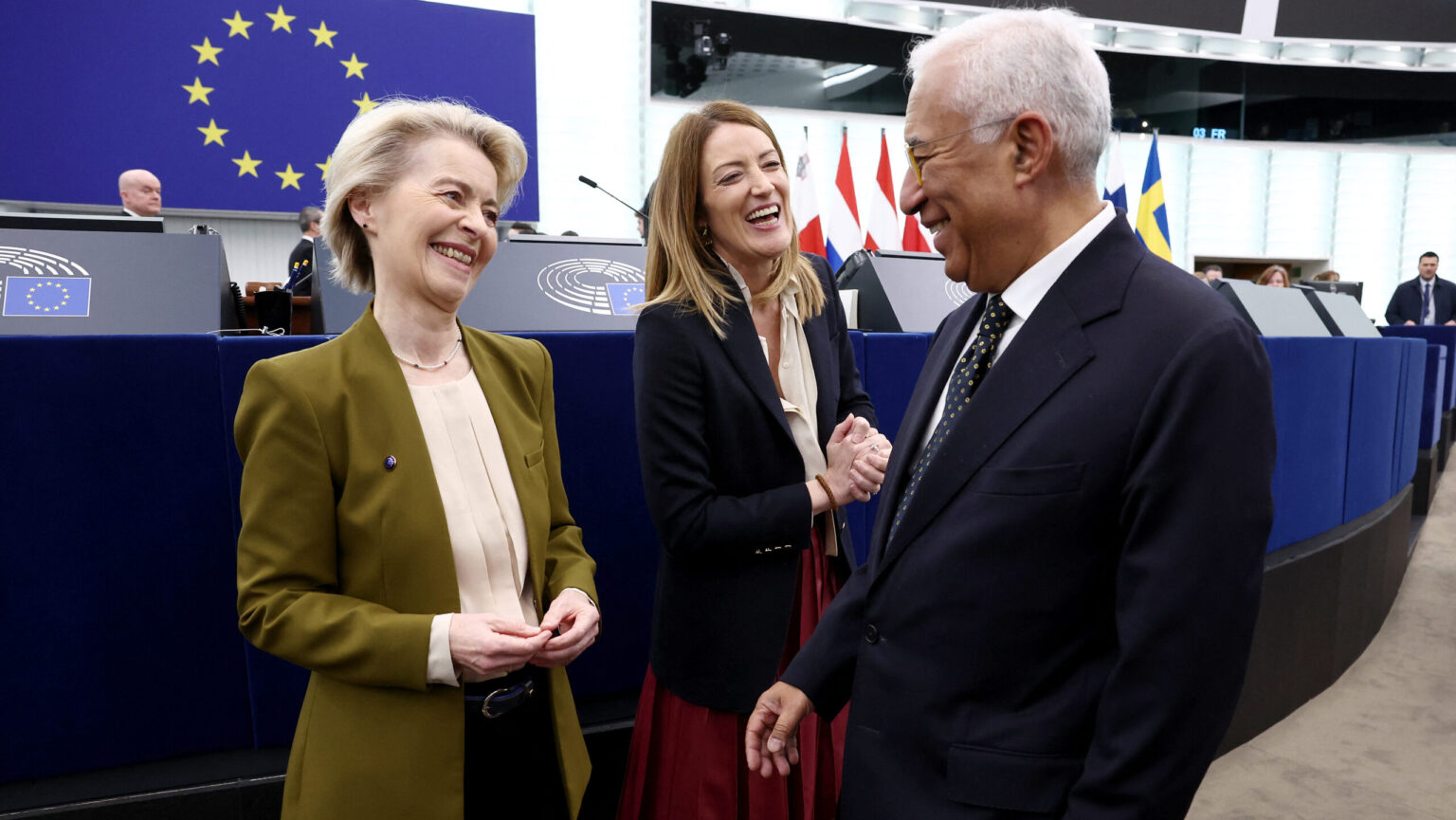
Despite their advocacy for increasingly stringent green policies, EU leaders—including Commission President Ursula von der Leyen—took a private jet last week from Brussels to Luxembourg, a journey that would have taken just over two hours by car. The scandal has cast a shadow over von der Leyen’s week, already clouded by an eagerly anticipated EU court ruling concerning the so-called Pfizergate text messages.
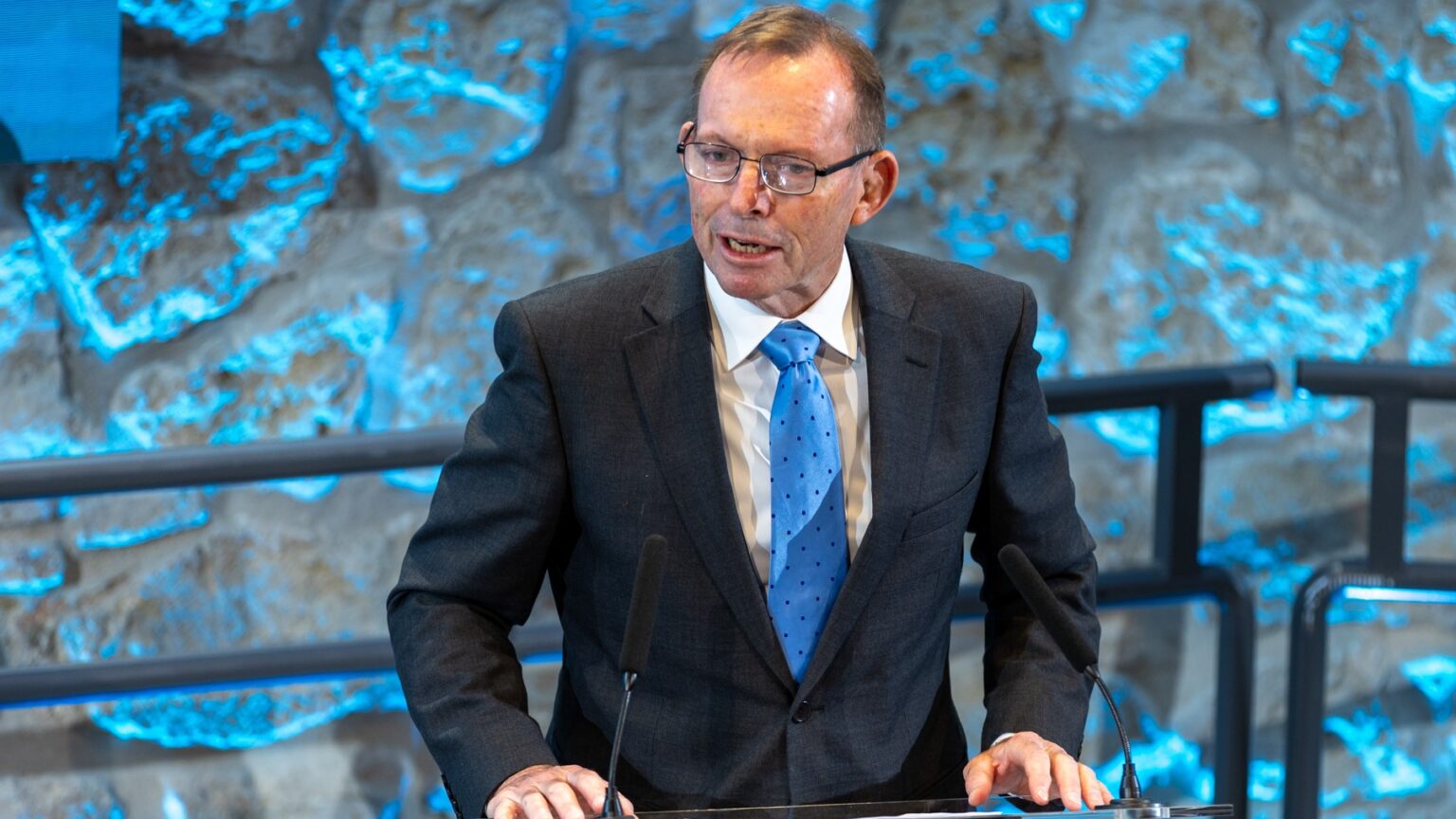
‘People who come illegally are breaking the law. People who come in very large numbers, illegally or not, are changing the country. And that’s the main issue today: the impact of immigration on the character of Western countries with strong and unique cultures that their peoples have every right to take pride in and preserve…’
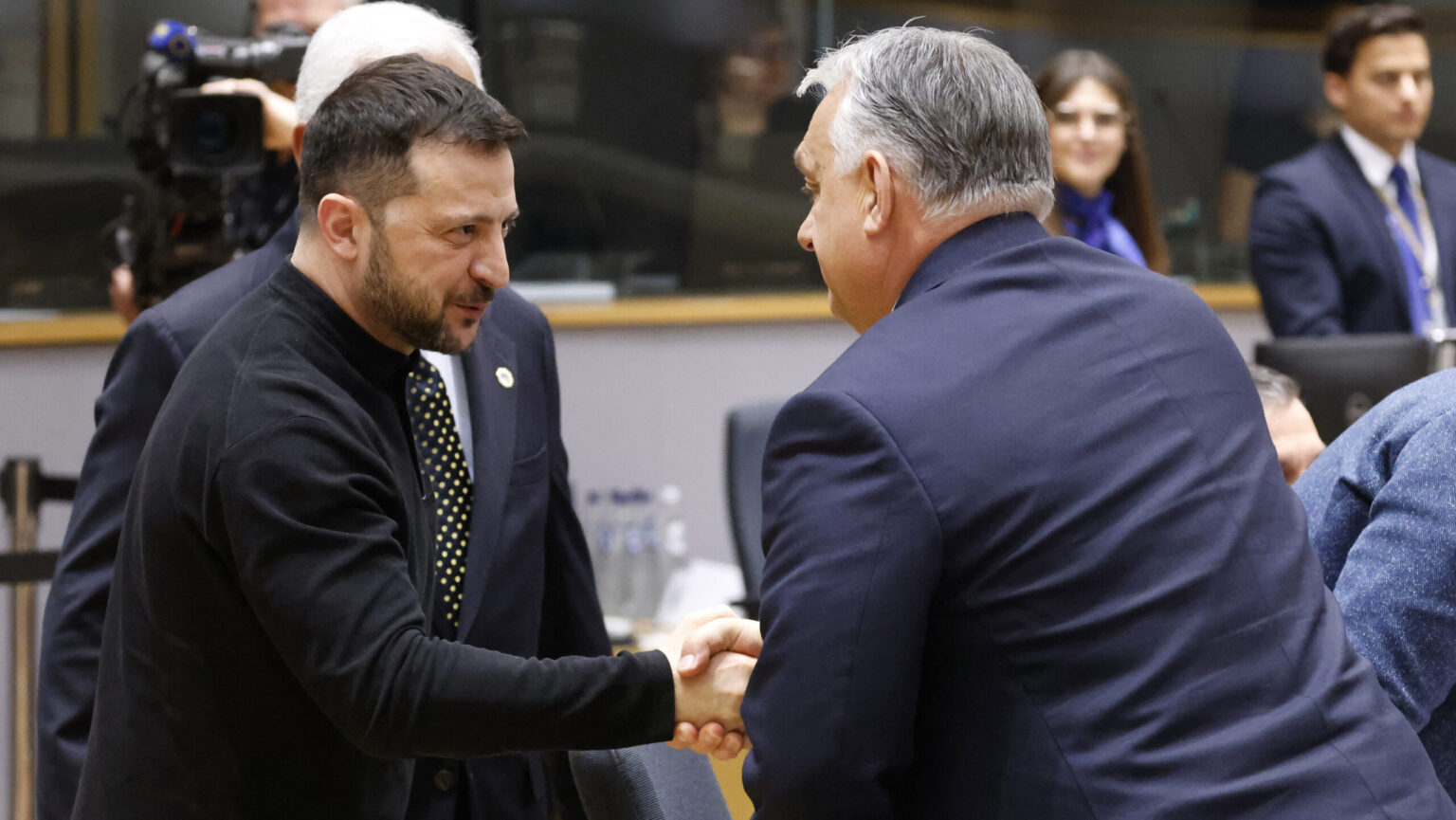
A spy war has erupted between Hungary and Ukraine, with both countries expelling diplomats amid allegations of espionage and political subversion. At home, Hungarian officials now suspect the opposition’s actions—including a controversial leak by Péter Magyar—may be tied to Ukrainian intelligence efforts to destabilize Prime Minister Orbán’s government.
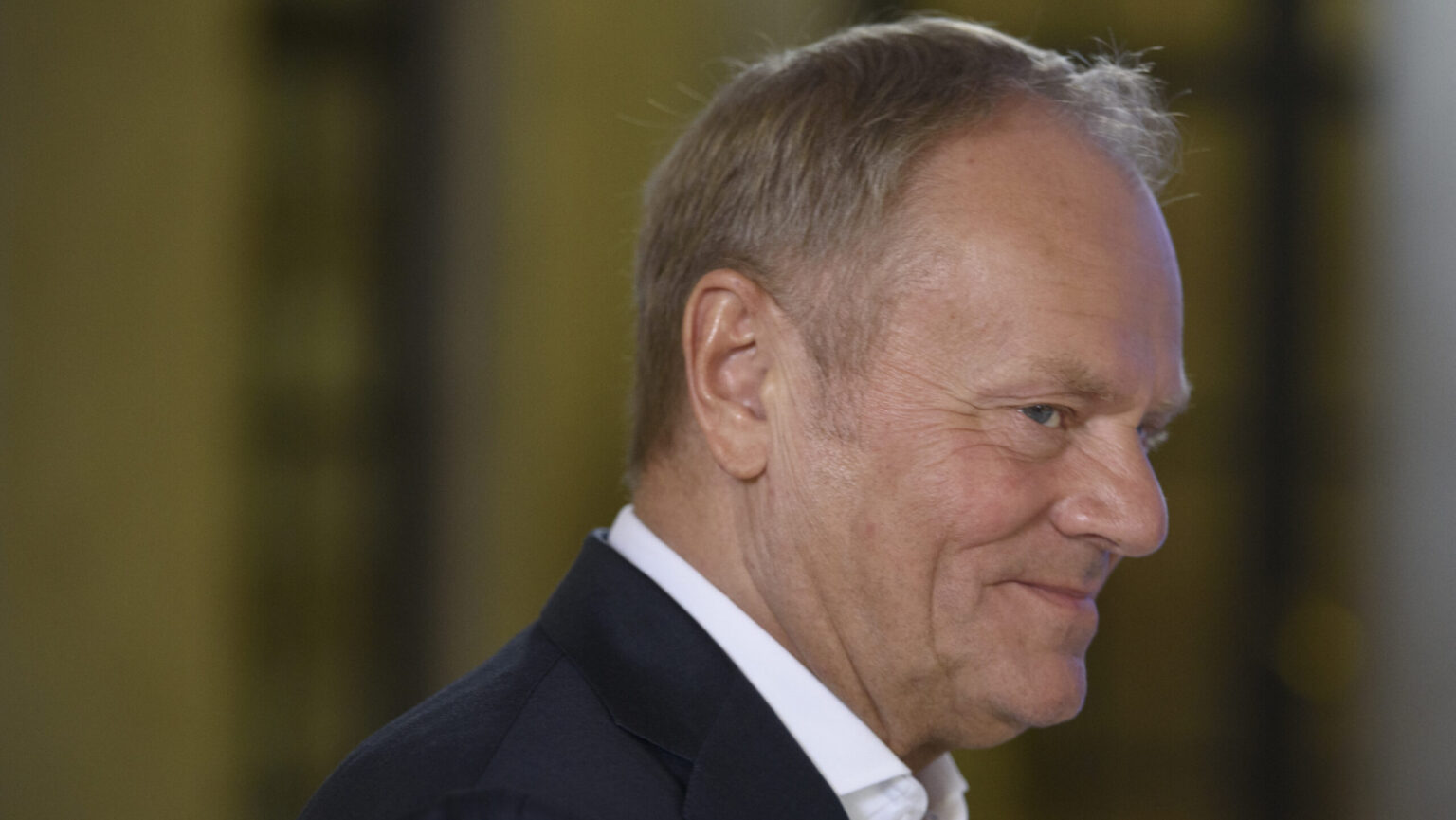
Since taking office in December 2023, Donald Tusk has been dismantling the pillars of Poland’s rule of law. While international media have focused on politically charged prosecutions of former officials, one aspect of this vicious campaign remains largely untold: it involves serious rights abuses, psychological torture, and intimidation directed at civil servants.
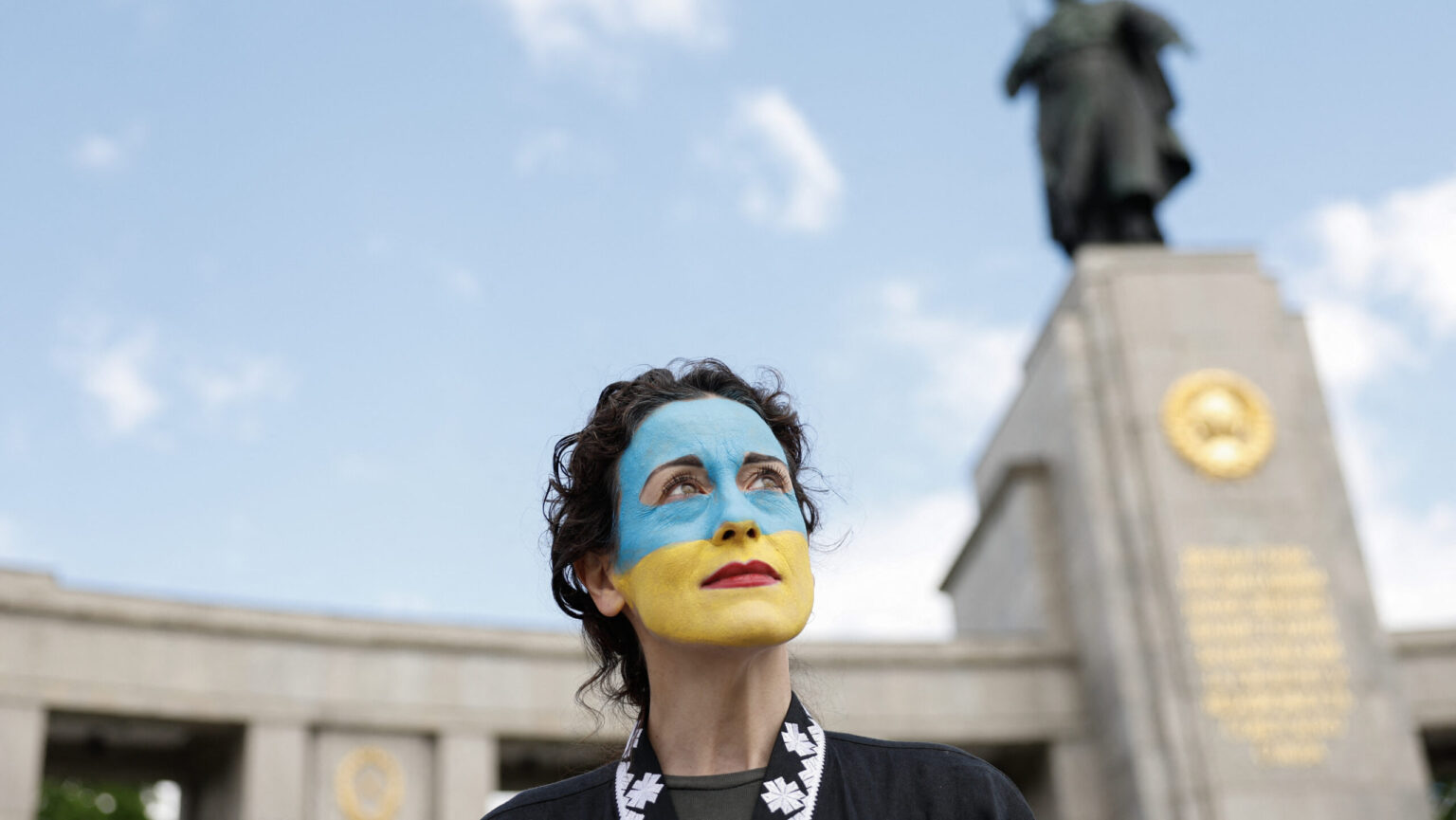
As the second Trump administration passed its first 100 days in office, statements by US officials signalled that Washington might withdraw from peace talks in Ukraine due to the lack of tangible progress. But is President Trump truly turning his back on Kyiv and Moscow—and if not, what comes next?
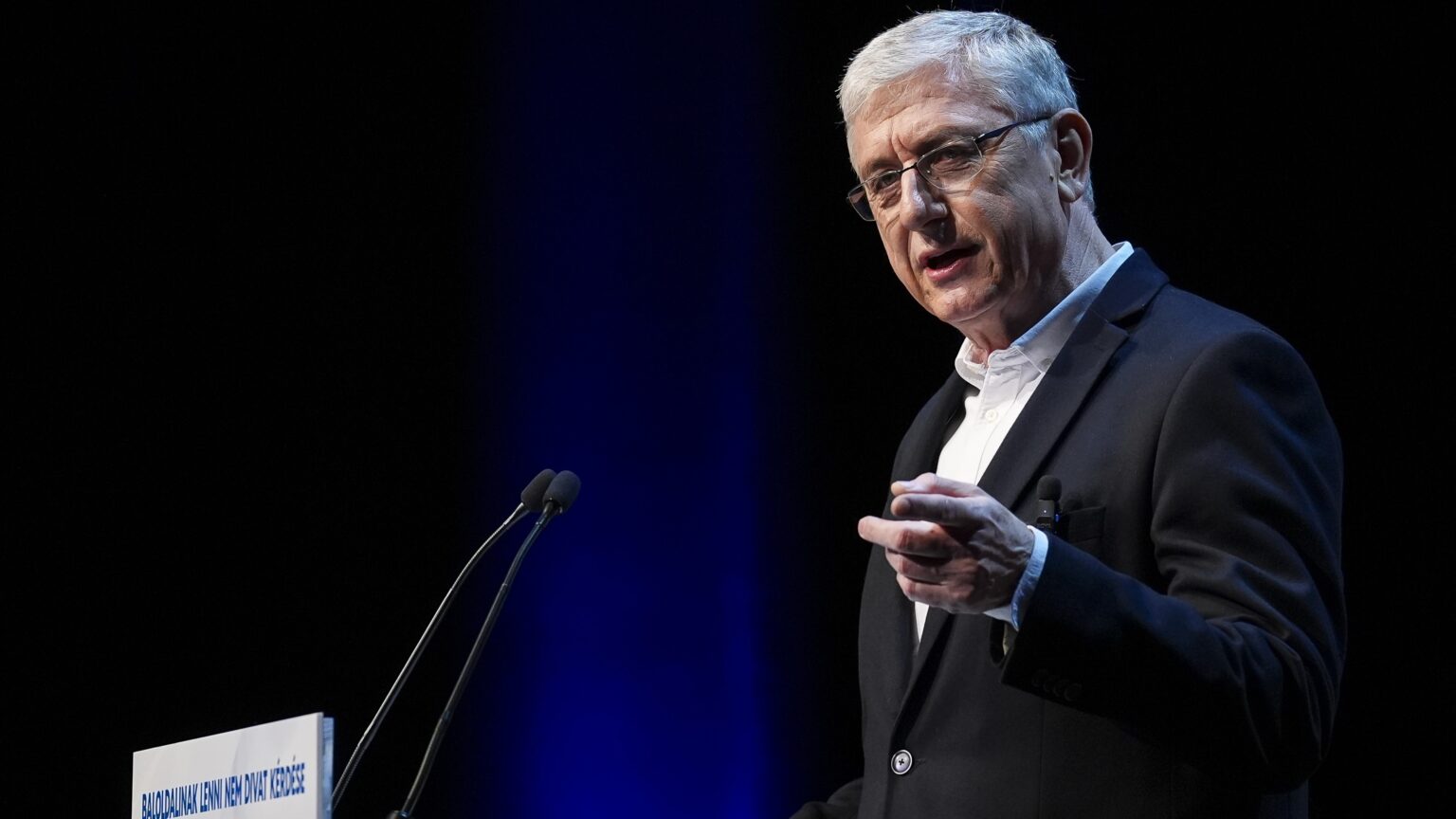
In a significant political and personal development, Ferenc Gyurcsány, former Prime Minister of Hungary and leader of the Democratic Coalition (DK), has announced his resignation from all political positions and his withdrawal from public life. Concurrently, he and his wife, Klára Dobrev, have decided to divorce after nearly three decades of marriage.

Hungarian Conservative is a quarterly magazine on contemporary political, philosophical and cultural issues from a conservative perspective.